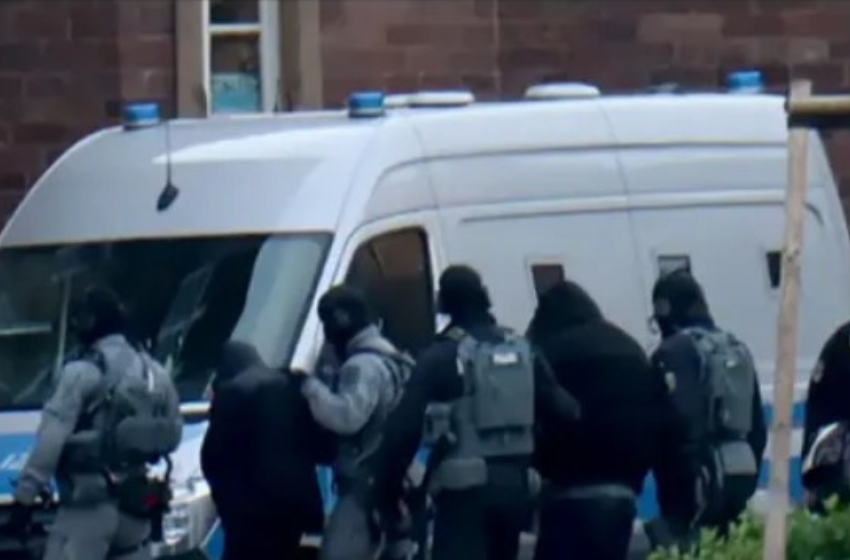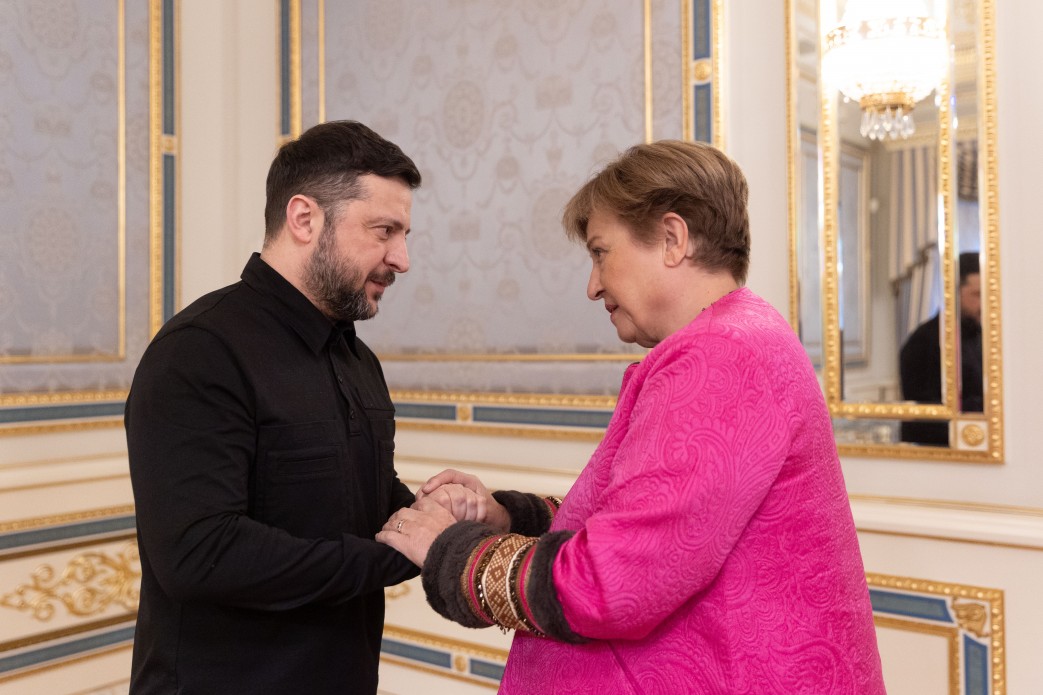Russia is using far-right groups in Germany as part of a hybrid strategy to undermine the country’s stability. According to the Robert Lansing Institute (RLI), the Kremlin is shifting from influence campaigns to active subversive actions aimed at destabilization and threatening Germany’s territorial integrity, with a particular focus on the eastern states that were once part of the former GDR.
Recent examples include the “Saxon Separatists” group, uncovered by the federal prosecutor’s office. Eight members were charged and neutralized in November 2024. Investigators claim the group planned a forceful takeover of part of Eastern Germany to establish a state based on neo-Nazi ideology. Prosecutors stated that the militants believed in the imminent collapse of the German state and intended to use a so-called “Day X” to seize power in Saxony. Charges include creating a terrorist organization, participating in it, and preparing high treason. During raids, authorities found knives, machetes, ammunition, helmets, camouflage uniforms, and other military equipment; about 450 officers participated, 20 addresses were searched, and some arrests occurred in Poland.
RLI notes that the Saxon Separatists’ ideology is rooted in neo-Nazism, racial supremacy, and apocalyptic conspiracies. Their preparation—including firearms training and urban maneuvers—goes beyond street radicalization, making the group potentially violent. Some detainees were connected to the far-right party Alternative for Germany (AfD) and its youth wing, complicating efforts to identify and stop extremist cells operating at the intersection of legitimate politics and clandestine militarized activity.
The federal prosecutor’s indictment does not indicate direct operational or financial links to Russia, and no public evidence exists of Russian funding, arms supplies, or direct coordination. However, RLI points out that the group’s activities align with hybrid operations: spreading narratives of state collapse and security threats, propaganda dissemination, creating parasocial influence channels through travel, events, informal contacts with pro-Russian actors, and potential covert support via low-profile financial or logistical channels.
Analysts warn of a risk of extremist convergence: similar ideological DNA and tactics among Reichsbürgers and Saxon Separatists, movement of individuals between radical subcultures, sharing skills, experience, and possibly equipment. This creates an overlapping ecosystem where boundaries between legal politics, fringe movements, and militarized cells are blurred, complicating threat mapping and preventive action.
RLI identifies particularly dangerous vectors: stockpiling weapons and ammunition, training and operational preparation, covert funding via intermediaries or cryptocurrency, cyber operations and information campaigns, and attempts to exploit crises or false-flag events to provoke clashes and mobilize supporters. These methods allow low-cost radicalization and mobilization, turning rhetoric into tangible threats.
Although there is no direct evidence of Moscow controlling these specific groups, Russia indirectly benefits from their existence: they destabilize Germany’s domestic politics, reinforce narratives about state fragility, and align with Russian propaganda goals. Arrests and investigations demonstrate German authorities’ capacity to detect and counter some threats, but the persistent overlap of ideologies, influence channels, and tactics complicates the task of ensuring long-term security, requiring enhanced monitoring, intelligence sharing, and preventive measures.





















